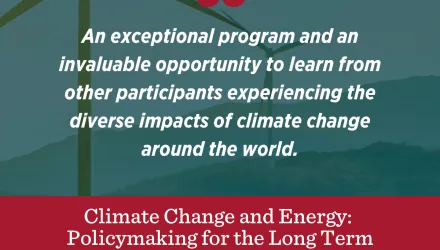Abstract
Climate change is real and dangerous. Exactly how bad it will get, however, is uncertain. Uncertainty is particularly relevant for estimates of one of the key parameters: equilibrium climate sensitivity—how eventual temperatures will react as atmospheric carbon dioxide concentrations double. Despite significant advances in climate science and increased confidence in the accuracy of the range itself, the "likely" range has been 1.5–4.5°C for over three decades. In 2007, the Intergovernmental Panel on Climate Change (IPCC) narrowed it to 2–4.5°C, only to reverse its decision in 2013, reinstating the prior range. In addition, the 2013 IPCC report removed prior mention of 3°C as the "best estimate." We interpret the implications of the 2013 IPCC decision to lower the bottom of the range and excise a best estimate. Intuitively, it might seem that a lower bottom would be good news. Here we ask: When might apparently good news about climate sensitivity in fact be bad news in the sense that it lowers societal wellbeing? The lowered bottom value also implies higher uncertainty about the temperature increase, a definite bad. Under reasonable assumptions, both the lowering of the lower bound and the removal of the "best estimate" may well be bad news.
Mark C. Freeman, Loughborough University
Gernot Wagner, Environmental Defense Fund
Richard Zeckhauser, Harvard University
Freeman, Mark C., Gernot Wagner and Richard Zeckhauser. “Climate Sensitivity Uncertainty: When is Good News Bad?.” Harvard Project on Climate Agreements, Belfer Center, September 2015





